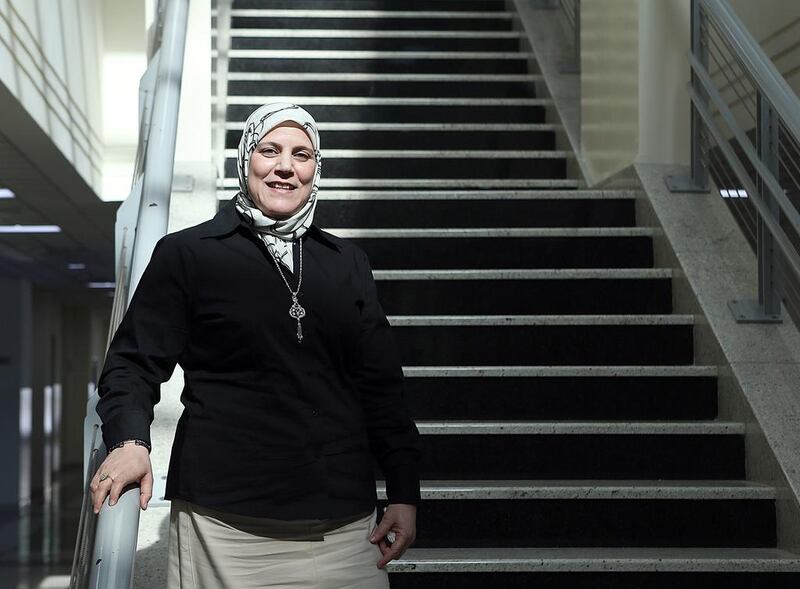ABU DHABI // People are using “stockpiles” of medicines left over from prescriptions or brought from home countries to treat common illnesses instead of consulting a doctor.
The Pharmacist Opportunities to Improve Public Self-Medicating in the UAE study found that people were using old medicines, which in some cases had been prescribed to a family member, instead of seeking the advice of a doctor.
“People are getting these from pharmacies or a doctor’s office or they stock up from their home countries. Sometimes, they use leftovers from a family member who may have been prescribed medicine,” said Dr Sanah Hasan, assistant professor of Clinical Pharmacy at Ajman University College of Pharmacy who conducted the study with research assistants.
She urged people not to re-use “left-over medication as it may not be suitable to each situation”.
“In some cases, people took really massive (toxic) doses or stopped their medications prematurely,” said Dr Hasan, who also warned against mixing traditional herbal remedies with conventional drugs.
“People use herbal medications because they think these are safe but, unfortunately, these may interact with other medicines they are using,” she said, adding that even taking multivitamins without consultation may be dangerous, particularly to patients who are on statins, prescribed to help lower cholesterol.
The report found that medicines used to fight chronic conditions and pain, anti-inflammatories, antihistamines, decongestants and antibiotics, are the most common drugs kept by people.
Unchecked use of non-steroid inflammatory drugs can cause ulcers or bleeding in the stomach.
The study also found that many people felt there was no need to visit a doctor for conditions they had faced previously or for which they had seen a doctor before, with many talking to family members instead.
The problem is prevalent among parents who administer medicine to their children without proper advice.
“More than half of the patients coming to me would be self-medicating,” said Dr Medhat Abu Shaaban, a paediatrician at MyPediaclinic at Dubai Healthcare City.
“They remember that they were treated for a problem in a certain way and replicate it. They also copy treatment that their older children got.”
He said it was common among his patients to see parents medicating their children for cold and coughs.
“You can’t imagine the number of children I see who come to me with a persistent cough. They were given doses of antibiotics but they have asthma or allergic coughs, and antibiotics would not be able to help,” he said.
The doctor said he prescribed antibiotics only if he has proof of a bacterial infection and warned parents against giving their child an antibiotic without a check-up.
“You can’t copy and paste medication. This maybe triggered by parents wanting to cut costs. I understand that it’s for economic reasons, but this may end up hurting the child,” said the consultant.
Often, a serious illness could not be evident to those who have no medical training.
“A two-year-old who has a low grade fever may look happy and is playing. Another child may have fever but is lethargic and has other worrying signs and may need a paediatrician,” said Dr Abu Shaaban.
Dr Hasan said professional advice was very important as dosages are complex.
“The concentration of the medicine changes among different brands, people may calculate that at age two we give five millilitres, so at age four we give double the dose. But this may be wrong.”
The pharmacist will look at the age and weight and concentration of the medicine, then calculate the dose appropriately, she said.
“For young children, I wouldn’t give a child a medicine without seeing a pharmacist first,” said Dr Hasan.
newsdesk@thenational.ae






